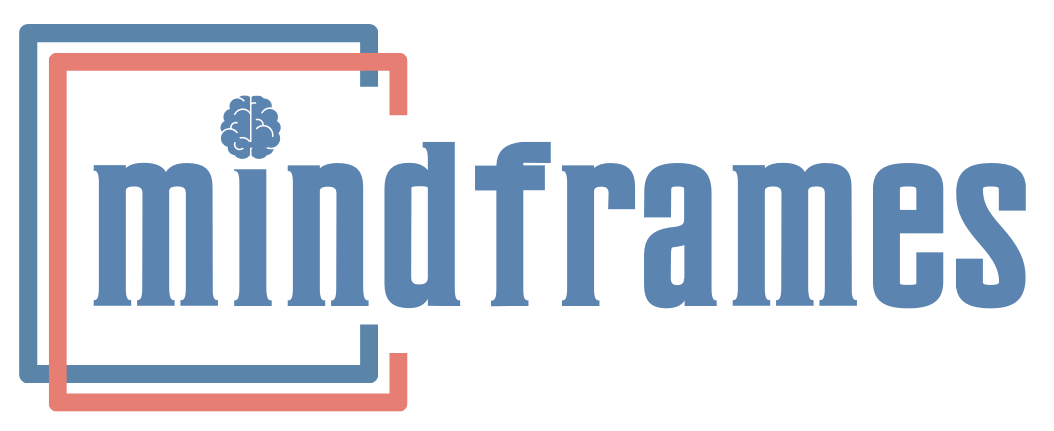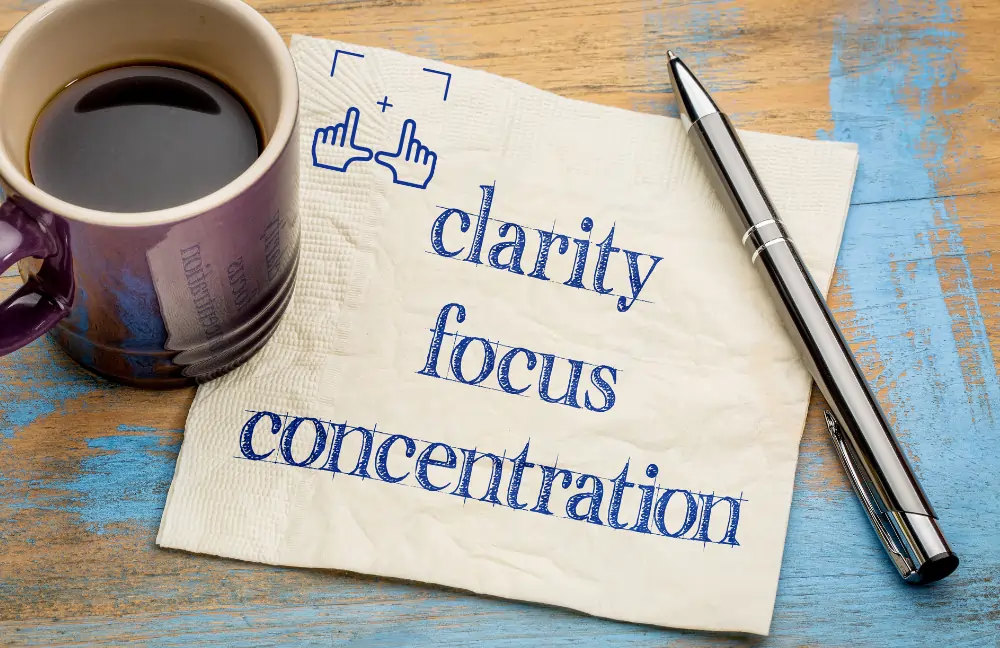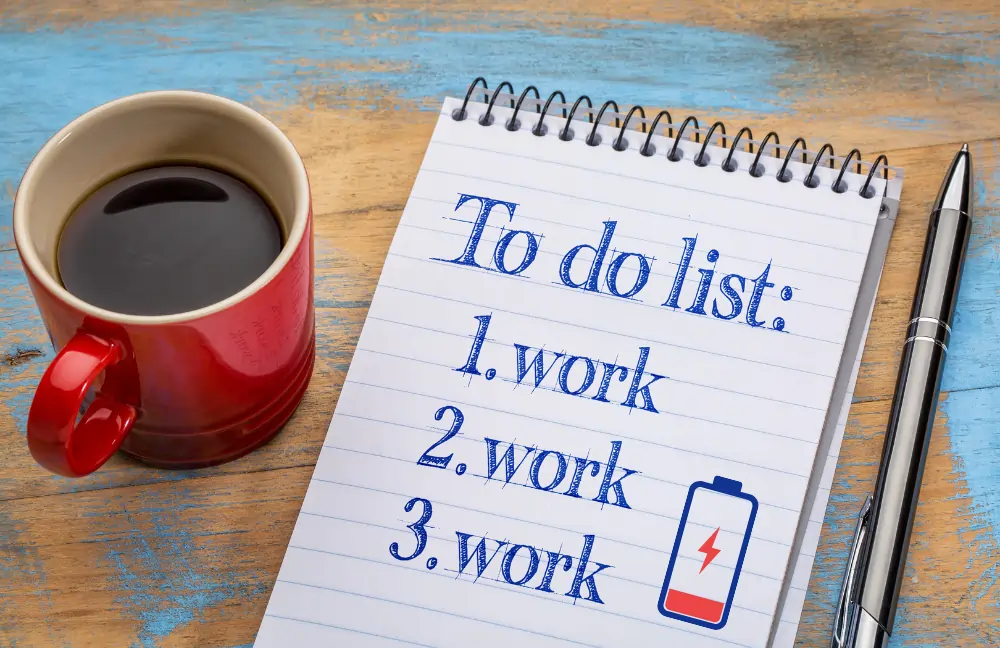Focus Retraining: What Is it?
Focus re‑training is the deliberate practice of realigning your attention whenever it drifts, much like steering a wandering boat back on course. Lessons from Arjuna’s single-mindedness in Mahabharata, to philosophies of Aristotle and Plato on steadfastness insist that focus is possible only when your goals are clear and when you possess the capacity to complete the tasks necessary to achieve them.
So, focus requires both – astuteness to fulfil the tasks at hand, as well as an ability to deal with distractions that tend to take you off track. This calls for a mind free of worries, apprehensions, and anxieties about the outcomes of your action. The trouble most people face is that, even though they have the capacity to complete a task, they may not be able to avoid distractions or give up expectations of the outcome, which arouse apprehension. How then can you engage in single-minded attention, even more so on tasks that you may find difficult, boring or annoying. Focus retraining is the answer.
How is Your Focus?
What Will This Audio Do?
Focus retraining treats concentration as a mental muscle: over time, frequent gentle redirection builds strength and stamina. The more you work on building it up, the stronger it gets. This way you learn how to focus consistently and in case you lose focus, you are able to bring your attention back to what matters. This audio walks you through that redirection in real time—spotting the slip, pausing the noise, and steering your mind home. In less than ten minutes, the track helps you:
- Spot distraction early through a quick self‑audit
- Ground in breath and body so mental static settles
- Declutter your task list by separating essentials from extras
- Re‑ignite intrinsic motivation by reconnecting to the “why”
- Design a better environment—small tweaks that shield attention
By the final cue you’ll feel lighter, clearer, and ready to dive back in with renewed energy rather than forced willpower.
Know That Everybody’s Focus Can Get Hijacked
Why a Guided Focus Reset Works
Practice the Refocus Routine
You can literally practice this exercise anywhere. Distractions do not come with pre-warning. Likewise your antidotes need to be ever available. Play the track whenever you notice scrolling, tab‑hopping, or blank‑staring at the screen. Here are some steps that will make it more effective.
- Silence notifications and place your phone face‑down.
- Keep a notebook or digital list handy for the task‑sorting segment.
- Sit or lie comfortably; loosen jaw and shoulders.
- If possible, dim harsh lights and let in a touch of natural air.
Over two weeks, listeners report fewer missed deadlines, smoother decision‑making, and a 20 percent uptick in task completion. Treat each use as a “mental pit‑stop”—a brief pause that ultimately saves time on the race ahead.
"There are always distractions, if you allow them. "
- Tony La Russa
“You are getting distracted again? You’ve got dreams to chase not people to impress "
- Mind Journal







